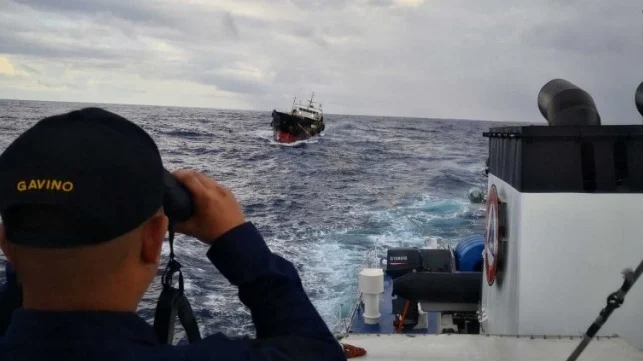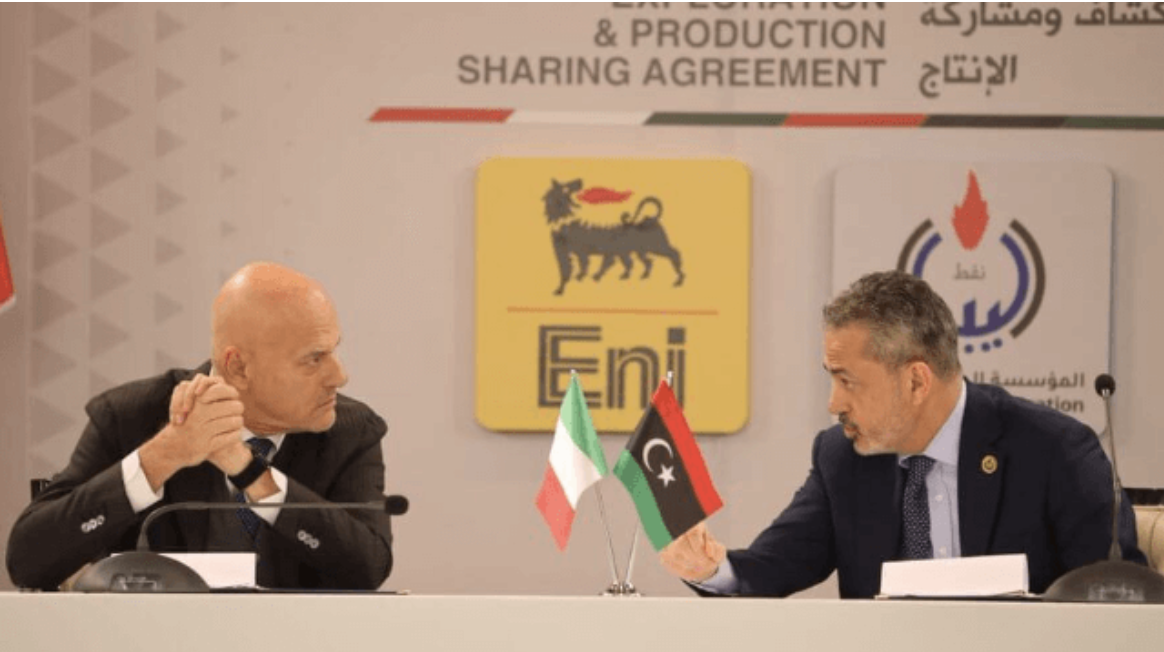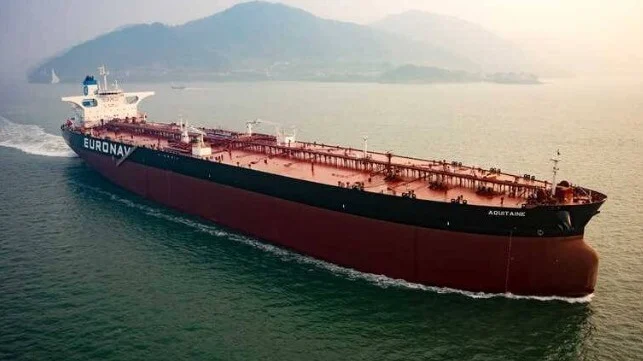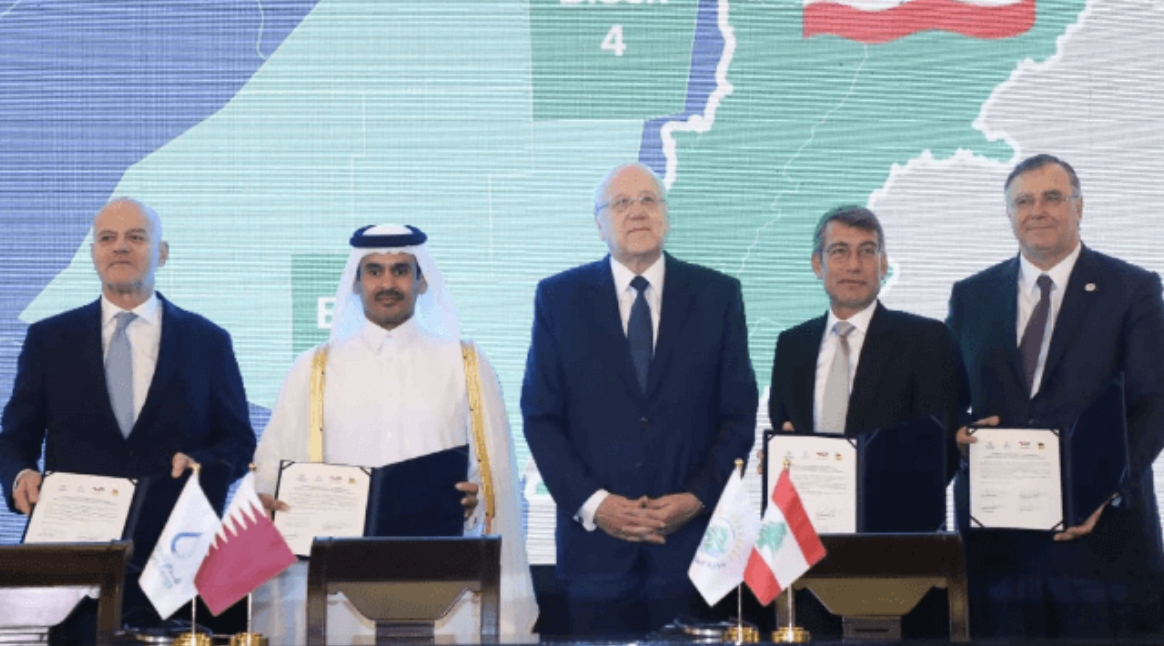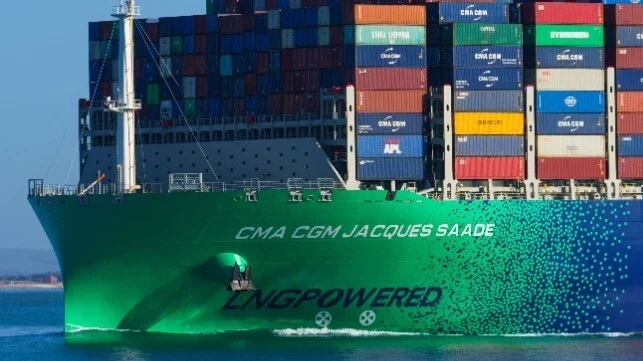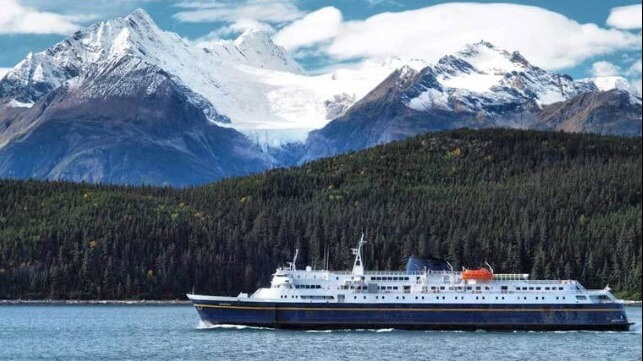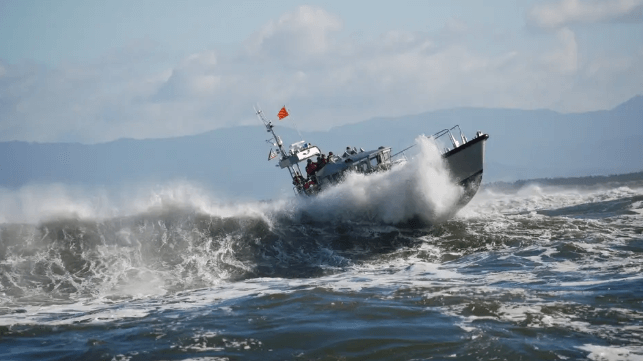
Richard Morton IPCSA_ Secretary General


, France’s number one port, is a multipurpose port hub and at the centre of a major industrial cluster. Located on the Seine estuary, it handles two out of every three of France’s import/export containers, and also handles crude oil, liquid and dry bulks, vehicles, breakbulk, roll-on/roll-off freight and passenger services, and cruise ships. It is part of HAROPA, which also includes the ports of Rouen and Paris and is one of Northern Europe’s top five port complexes. The three ports have worked together since 2012 and are progressing towards a full merger, to become one company from January 2021.
Most notably, HAROPA is positioning itself as the first ‘smart corridor’, and the Port of Le Havre has secured investment for its innovative Smart Port City Project in partnership with ‘Le Havre Seine Metropole’ Urban Community to develop digital solutions for increased efficiency and environmental performance. The Smart Port City Project has 80 public and private sector partners and aims to tackle the challenges of port, industry and city being in close proximity.
“We want to create the port of the future and provide a ‘smarter’ territory through a new integrated industry and port model,” he explained. “The project will include developing and innovating a data exchange platform to provide more added value from digital data, including developing KPIs.”
Le Havre port already has a close link with IPCSA through its shareholding in SOGET, which was a founding member of the association in 2011.
Most notably, HAROPA is positioning itself as the first ‘smart corridor’, and the Port of Le Havre has secured investment for its innovative Smart Port City Project in partnership with ‘Le Havre Seine Metropole’ Urban Community to develop digital solutions for increased efficiency and environmental performance. The Smart Port City Project has 80 public and private sector partners and aims to tackle the challenges of port, industry and city being in close proximity.
“We want to create the port of the future and provide a ‘smarter’ territory through a new integrated industry and port model,” he explained. “The project will include developing and innovating a data exchange platform to provide more added value from digital data, including developing KPIs.”
Le Havre port already has a close link with IPCSA through its shareholding in SOGET, which was a founding member of the association in 2011.
SOGET operates the port’s cargo community system, enabling the paperless flow of information relating to goods, business and customs clearance. The Port Authority of Le Havre operates a port community system which deals with ship calls, port operations, dangerous goods management, port dues and other matters. A few years ago, the Port Authority launched S-WiNG – Single Window Next Generation, which brings together the PCS with SOGET’s new S)ONE solution.
Other initiatives include working with Waze to optimise traffic flow when locks or bridges are closed; setting up an intelligent information system to track the movement of dangerous goods; using big data to monitor air quality, water quality and even acoustic underwater pollution; and working in partnership with industrial companies on a 5G proof-of-concept.
“We already have close links with IPCSA through SOGET and through our membership of PROTECT,” said Jérôme Besancenot. “We are convinced that the way forward is to have more services within the supply chain and more interaction between PCS and supply chain providers. We want to work with IPCSA on priorities such as standards, including Blockchain and intelligent containers. Of course it is important to have our own strategy but it is also important to share and to exchange data, because a solution cannot be used separately.”
He added: “The port is at the heart of the supply chain; we have to provide standard interfaces if we want to be connected tomorrow with other partners, and in order to interact via Maritime Single Windows between countries. Being a member of IPCSA will help us to stay aligned with the overall approach and to have a broader vision about international trade.
“We are confident that this new merging of HAROPA will give us more opportunity to progress, and our teams will be able to learn a lot from IPCSA.”
Richard Morton, secretary general of IPCSA, said: “We are delighted to welcome HAROPA Le Havre as a member of IPCSA. We have had a close relationship with Jérôme and many others at Le Havre through SOGET and also through PROTECT, the standards specialist group which was integrated into IPCSA in 2019. We look forward to working together on numerous exciting initiatives ahead.”





